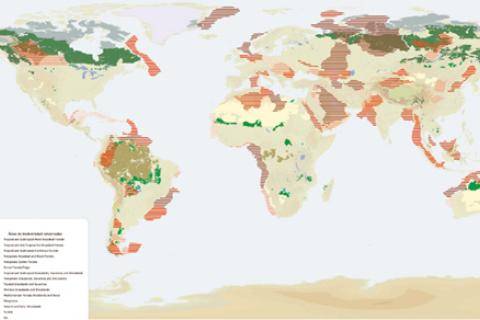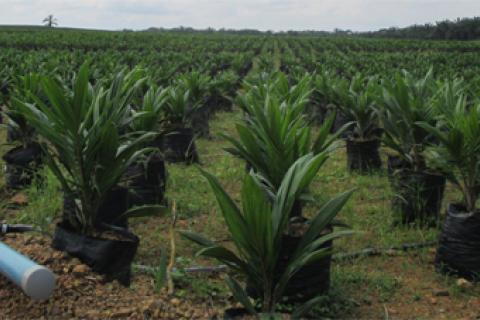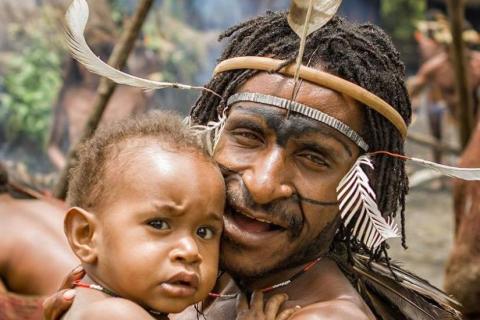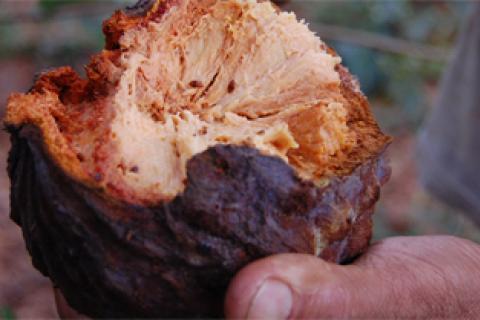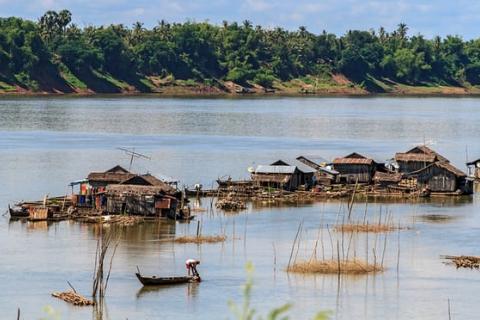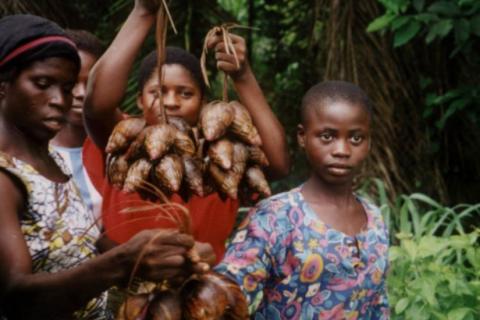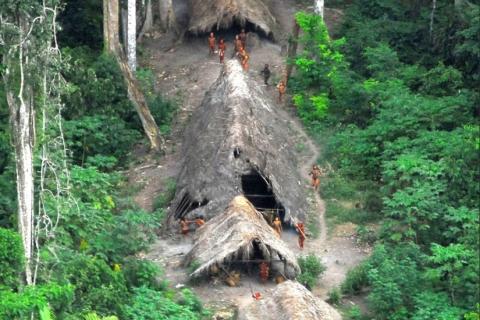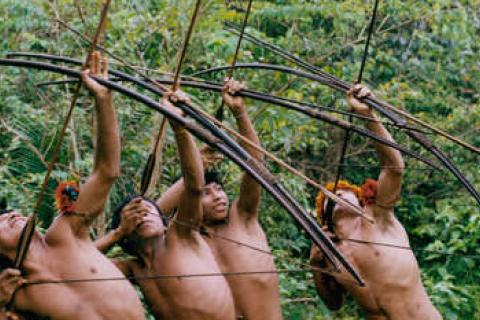On 10 November 1995, it should be remembered by all who struggle for social and environmental justice that the Nigerian military junta executed Ken Saro-Wiwa and other eight Ogoni People leaders. They challenged, resisted and struggled against the severe negative impacts of oil extraction on their communities, while defending their territories and livelihoods. This should never be forgotten.
Bulletin articles
Oil has been historically extracted disregarding the costs that the process entails to the local people and the environment. Thus oil extraction has become a direct cause of the deforestation of large areas of tropical forests where some of the world's most promising oil and gas deposits lie, degrading the forest as a whole through its impacts on water, air, wildlife and plants.
The first steps
October 16 is World Food Sovereignty Day. At its last international conference in Indonesia, this past June, La Via Campesina placed heavy emphasis on food sovereignty as a “global alternative”, not only for peasant farmers but for society as a whole. This emphasis is well deserved, because the threats to food sovereignty are many.
Introduction / Background
Several years ago, a photograph made headlines around the world. In it, an indigenous man in a small village in the middle of the rainforest is aiming a bow and arrow up at the airplane in which the photographer was flying over the scene. The photograph attracted international media coverage because it documented the existence of a group of indigenous people living in isolation in the Brazilian Amazon rainforest, removed from any contact with so-called “civilization”.
Photo: Survival International.
It is remarkable that in the second decade of the 21st century much of the available evidence points to the existence of about 100 uncontacted tribes living on our planet.
The fact that there are any at all is testimony to their resilience, ingenuity, self-sufficiency and adaptability.


